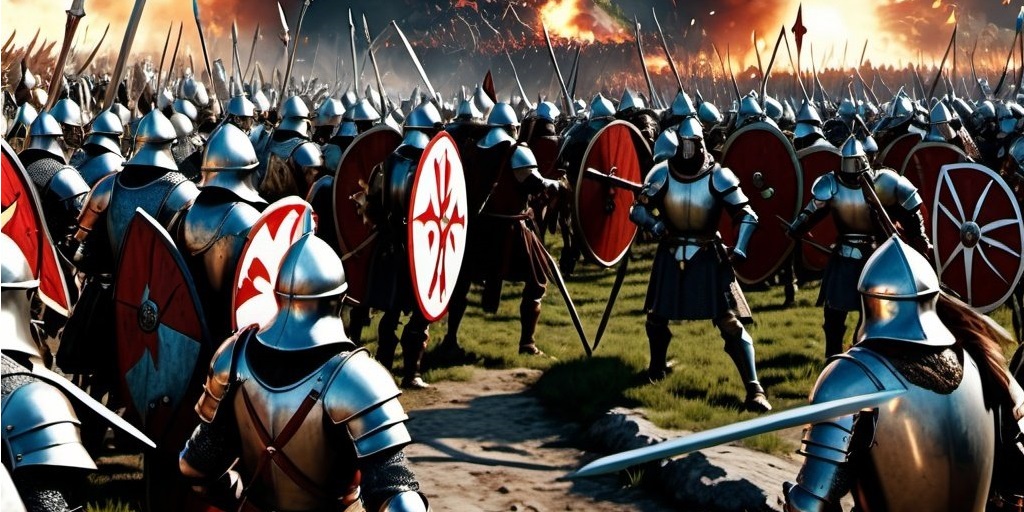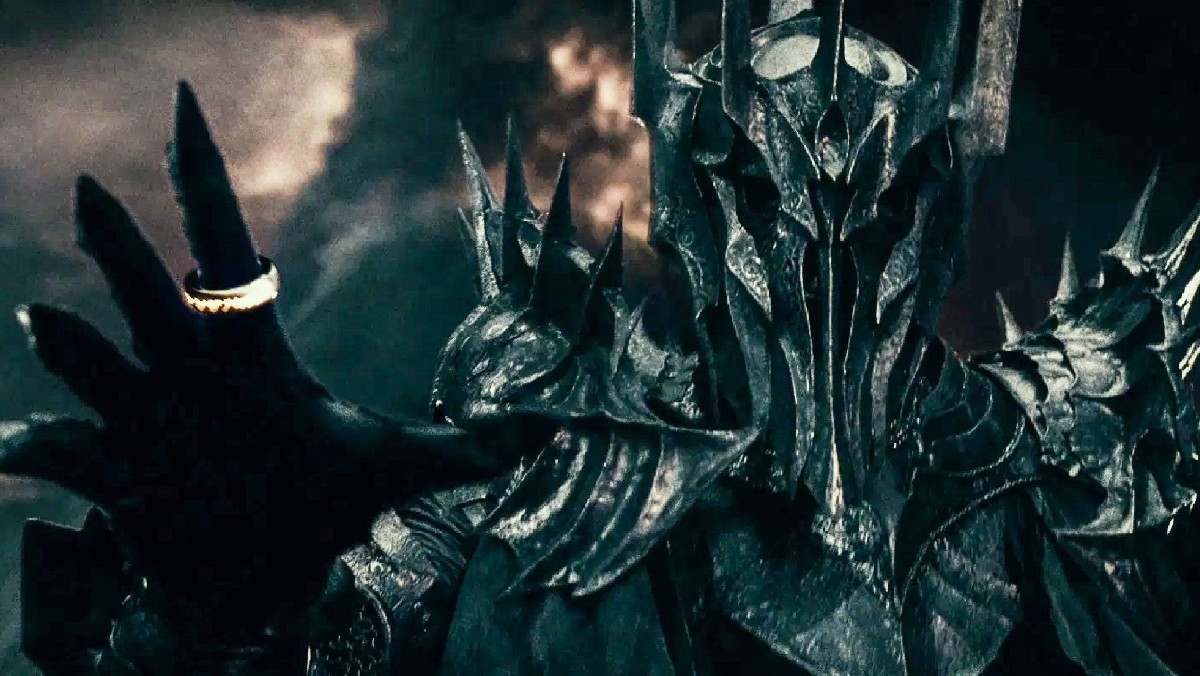Aldarion
 Archmage
Archmage

Causes of War for Fantasy Writers
One of major aspects of writing warfare is understanding why people go to war. It is in fact the basic requirement of writing a war: if one does not understand why the war is happening, he will not…
 warfantasy.wordpress.com
warfantasy.wordpress.com
One of major aspects of writing warfare is understanding why people go to war. It is in fact the basic requirement of writing a war: if one does not understand why the war is happening, he will not be able to set coherent goals for factions fighting the war, and thus the war will appear disjointed. No individual or collective, no enemy is simply evil. Everybody does things for a reason, even if some reasons may be difficult to understand for most people. And these reasons determine not just why, but also when, how and how long will wars be waged.
This is necessary, as establishing a believable reason for the conflict helps both the writer and the reader – it helps the writer actually write about the conflict, and it helps the reader understand what is going on and get immersed in it. And these believable reasons and attitudes cannot be based on the current-day understanding of warfare, because said understanding is so different and out of step with ancient and medieval attitudes towards war that including it basically breaches suspension of disbelief all on its own.
More on the link.

 Istar
Istar
 Minstrel
Minstrel Myth Weaver
Myth Weaver
